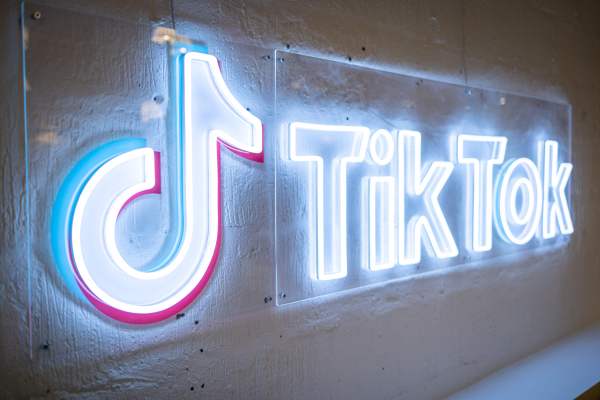
With a U.S. ban of TikTok looming, it might look like game-over for the hit video sharing app, which has taken the world by storm in recent years, reshaping every aspect of culture in the process.
Uncertainty abounds right now, but TikTok’s fate is far from sealed. We’ve answered some common questions about a situation that’s complex, confusing and changing as we speak.
What happened in Congress?
TikTok CEO Shou Zi Chew testified before Congress last week, enduring five hours of intense questioning from lawmakers over concerns that China might leverage the app to compromise U.S. national security. TikTok is owned by Chinese tech giant ByteDance, setting it apart from other major social media companies based in the U.S.
“Let me state this unequivocally: ByteDance is not an agent of China or any other country,” Chew said in his opening statements, a refrain TikTok’s CEO repeated throughout the hearing as he sought to reassure lawmakers.
National security concerns were just one of the worries that representatives expressed about TikTok. Members of the House Energy and Commerce Committee committee also raised red flags over issues ranging from the app’s eating disorder content and viral challenges to its flimsy tools designed to prevent social media addiction among teens. Those concerns, which focus mainly on vulnerable underage users, are serious, but also issues that TikTok shares with U.S.-based social media companies like Instagram and YouTube.
In many ways, the TikTok hearing went much like other major tech CEO hearings have gone in recent years. Lawmakers generally spent their time grandstanding and posturing for sound bytes, dredging up little in the way of new information on TikTok, ByteDance and their operations in the process. Ultimately, the hearing isn’t likely to move the needle on TikTok’s domestic fate, but it does serve as a useful barometer for the headwinds the company faces in its biggest market.
Why ban TikTok?
The effort to ban TikTok in the U.S. began during the Trump administration, but the Biden White House recently picked up the baton.
.png)







 Bengali (Bangladesh) ·
Bengali (Bangladesh) ·  English (United States) ·
English (United States) ·